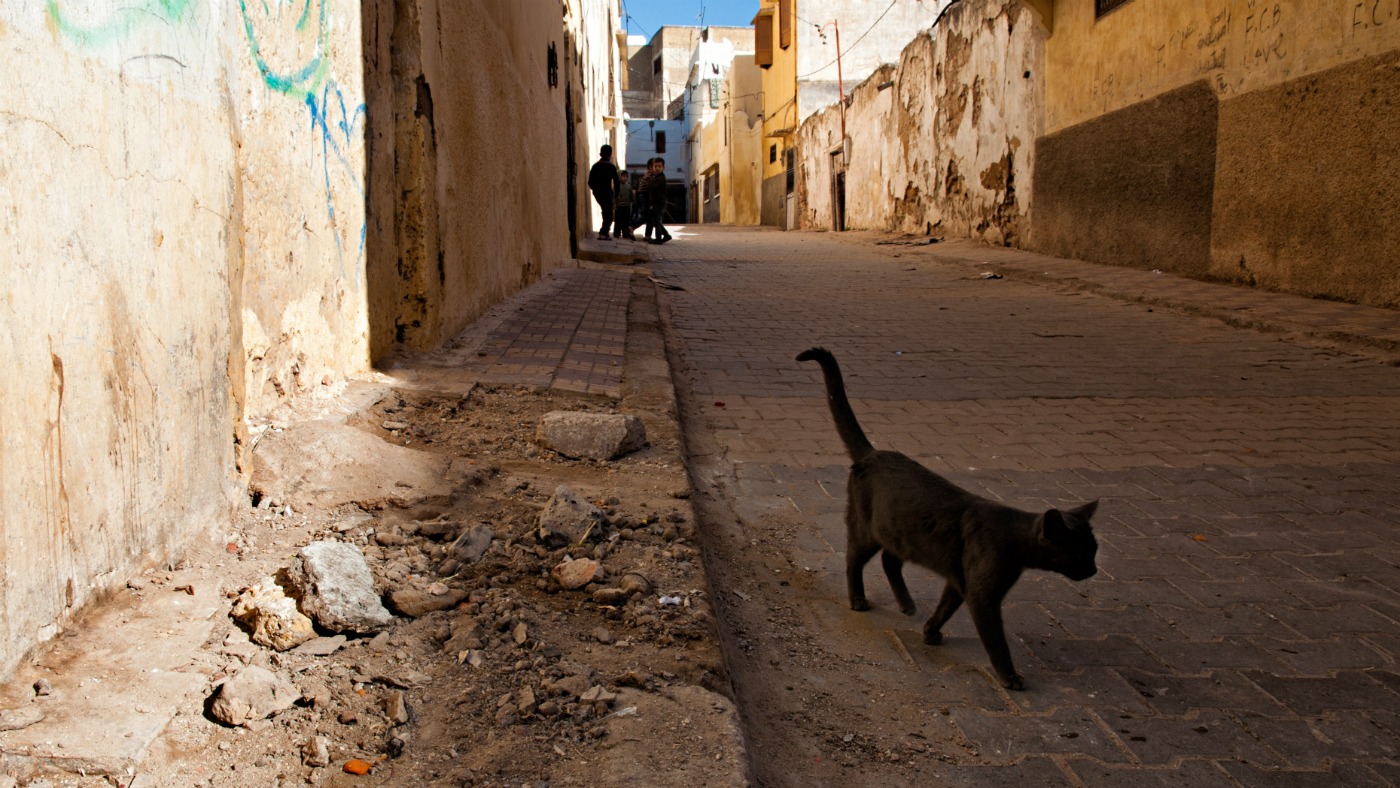Rabies warning issued as British tourist dies from cat bite
Omar Zouhri reportedly did not receive life-saving vaccine in time after being infected in Morocco

A free daily email with the biggest news stories of the day – and the best features from TheWeek.com
You are now subscribed
Your newsletter sign-up was successful
The death of a British tourist infected with rabies after being bitten by a cat in Morocco might have been prevented by a potentially life-saving vaccine, according to reports.
Omar Zouhri, believed to be a dual British-Moroccan national, was on a trip to visit relatives when he was nipped by the animal. The 58-year-old kebab shop owner, from Aylesbury in Buckinghamshire, is the first Briton to die from rabies in 16 years.
The Sun reports that Zouhri, a father of two, had “sought treatment in Morocco and again when he returned to the UK but did not get anti-viral drugs in time”.
The Week
Escape your echo chamber. Get the facts behind the news, plus analysis from multiple perspectives.

Sign up for The Week's Free Newsletters
From our morning news briefing to a weekly Good News Newsletter, get the best of The Week delivered directly to your inbox.
From our morning news briefing to a weekly Good News Newsletter, get the best of The Week delivered directly to your inbox.
“It is believed the rabid animal also bit a young girl, who received treatment locally and made a full recovery,” the newpaper adds.
Zouhri’s widow, Chadia, told The Sun: “You have no idea how tragic this is. It will all come out at the inquest.”
Public Health England (PHE) has issued a warning to travellers about the risk of rabies.
“This is an important reminder of the precautions people should take when travelling to countries where rabies is present. If you are bitten, scratched or licked by an animal you must wash the wound or site of exposure with plenty of soap and water and seek medical advice without delay,” said Dr Mary Ramsay, head of immunisations at PHE.
A free daily email with the biggest news stories of the day – and the best features from TheWeek.com
Rabies is a very serious viral infection that affects the brain and the central nervous system. It is passed through injuries from infected animals, with no reported incidences of a human contracting the disease from another human. There are no infected wild or domestic animals in the UK, but five non-fatal cases of human rabies contracted by Britons abroad have been reported between 2000 and 2017, according to the BBC.
Initial symptoms of the disease include high fever and anxiety, but quickly can progress to hallucinations, muscle spasms and respiratory failure.